(The Center Square) – Cities across Illinois have long sought a full restoration of Local Government Distributive Fund payments back to cities. They’re getting some, but not all of what they requested.
Decades ago, 10% of every income tax dollar the state collected was remitted back to cities. For years, that has been reduced. The $50.6 billion annual budget plan for the coming fiscal year that state legislators approved last year increases LGDF from 6.16% to 6.47%, but not the full 10%.
The Illinois Municipal League said while full restoration of LGDF continues to be their top priority, the incremental increase is substantial.
“The Local Government Distributive Fund is an important tool to help Illinois cities, villages and towns pay for services like mandated pension benefits, critical infrastructure repairs, public safety and other important programs,” IML Executive Director Brad Cole said. “We appreciate the increase and we are hopeful that LGDF will be put on a more rapid path to full restoration of 10% of the state’s total income tax revenue.”
State Rep. John Efgosky, R-Lemont, decried the lack of full funding back to 10%. He said municipalities should also expect a hit from a reduction in Personal Property Replacement Tax funds to cities for a net loss of $600 million statewide.
“This is frankly catastrophic,” Egofske said during debate Saturday morning. “It is a slap in the face to every one of our elected municipal leaders and more importantly to every one of our residents.”
State Rep. Carol Ammons, D-Champaign, said that’s a mischaracterization, declaring during debate that the budget gives more.
“So to suggest that this budget, because we did not increase it to 10%, is not supportive of local government is a fallacy of the greatest proportion,” Ammons said.
Springfield Mayor Misty Buscher said the capital city will have to carefully evaluate how the state’s budget will impact city coffers, especially with a possible recession ahead.
“Keep in mind, we’re usually in a two-month delay of getting revenues in so they’re behind, we need to watch our spending and we need to clawback on our own spending then,” Buscher told The Center Square at an unrelated event Wednesday.
Before approving an additional $51 million of Chicago city funds for housing newly arrived migrants Wednesday, Chicago Alderman Andre Vasquez demanded the state put in more.
“When we ask for funding and get a fraction of what we are asking for, that puts us in a situation where we’re fighting amongst ourselves,” Vasquez said during a contentious city council debate. “We need a revenue funding stream. We need a Local Government Distributive Fund increase to 10%.”
The state’s next fiscal year begins July 1. Legislators have yet to transmit the budget bills to the governor for his approval.
